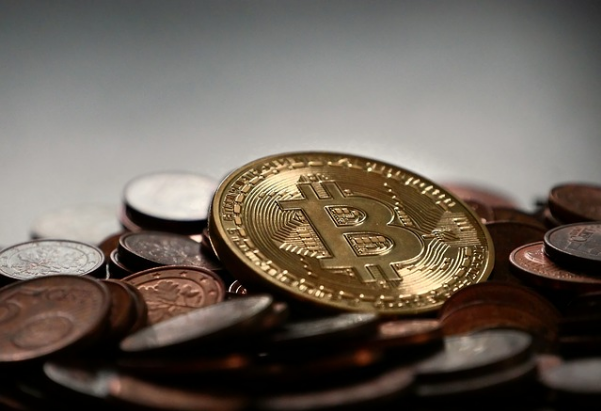The fight for the future of money is on.
By Jerry Mooney
The 21st century has not been kind to the banking industry.
First, there was the financial crisis of 2007/8. Of course, this crisis was one that the banks made for themselves, so there’s no need to feel too sorry for them. The financial crisis changed everything for the banks; reliant on government bailouts to survive, they experienced public opinion turning against them in a most visceral way. Even now, faith in the banking system from the general populace is largely non-existent. The Occupy Wall Street movement was a perfect example of how times have changed; bankers were no longer to be trusted, they were to be judged and deemed unreliable.
A decade on from the first rumblings of the financial crisis, one might assume that the banks have managed to survive their biggest challenge– albeit with their public reputation dented. However, 2017 finds the banks rattled for an entirely new reason: there’s a significant threat to their very existence hovering on the horizon.
The Birth Of Cryptocurrencies
The idea of cryptocurrencies has been popular in some circles since the 1990s, but only in the past decade has the notion really taken off. It’s no coincidence that cryptocurrencies, the most famous of which is Bitcoin, began to take shape as a legitimate alternative to the existing banking industry around the time of the financial crisis– people were ready for a change. With the financial system as we knew it collapsing, more and more people were tempted to explore the idea of a revolutionary new system.
The Biggest Threat?
Given that banks have survived the financial crisis — so one could assume they can handle anything — it’s worth wondering if Bitcoin is truly a threat to their status in the world. Can a cryptocurrency really change the way society handles money, rendering the banks obsolete?
Bitcoin doesn’t need banks; there’s no need for a third-party for the system to work. It’s also accessible; there’s no need to pass a credit check, and your previous banking history is irrelevant. Bitcoin is a leveling system, without a hierarchy, where everyone has access to the history of each transaction and is empowered to protect the system for other users. Bitcoin is populated not by a banking elite, but by regular people who can head to xCoins Inc for details on how they can get involved and potentially improve their lot in life. Bitcoin has become a monetary system; not one quite like we know monetary systems to be, but one that is working for thousands of people.
Bitcoin is a legitimate threat to the banks, and it appears to be a threat they are taking seriously. If Bitcoin continues to grow and becomes more commonplace, then there’s a chance the entire banking sector could be rendered obsolete.
The Demise Of The Banks
Bitcoin is legitimately scaring the banks as it offers a genuine alternative to the system they have always had control of. For hundreds of years, any personal financial decisions we made and financial planning we undertook had to go through one channel: the banking industry. Now, a viable alternative to that industry is emerging and growing in confidence. No one knows what the future might hold, but one thing’s for sure– we can expect the banks will fight, tooth and nail, to remain relevant in the face of what appears to be their biggest threat yet.



Recent Comments